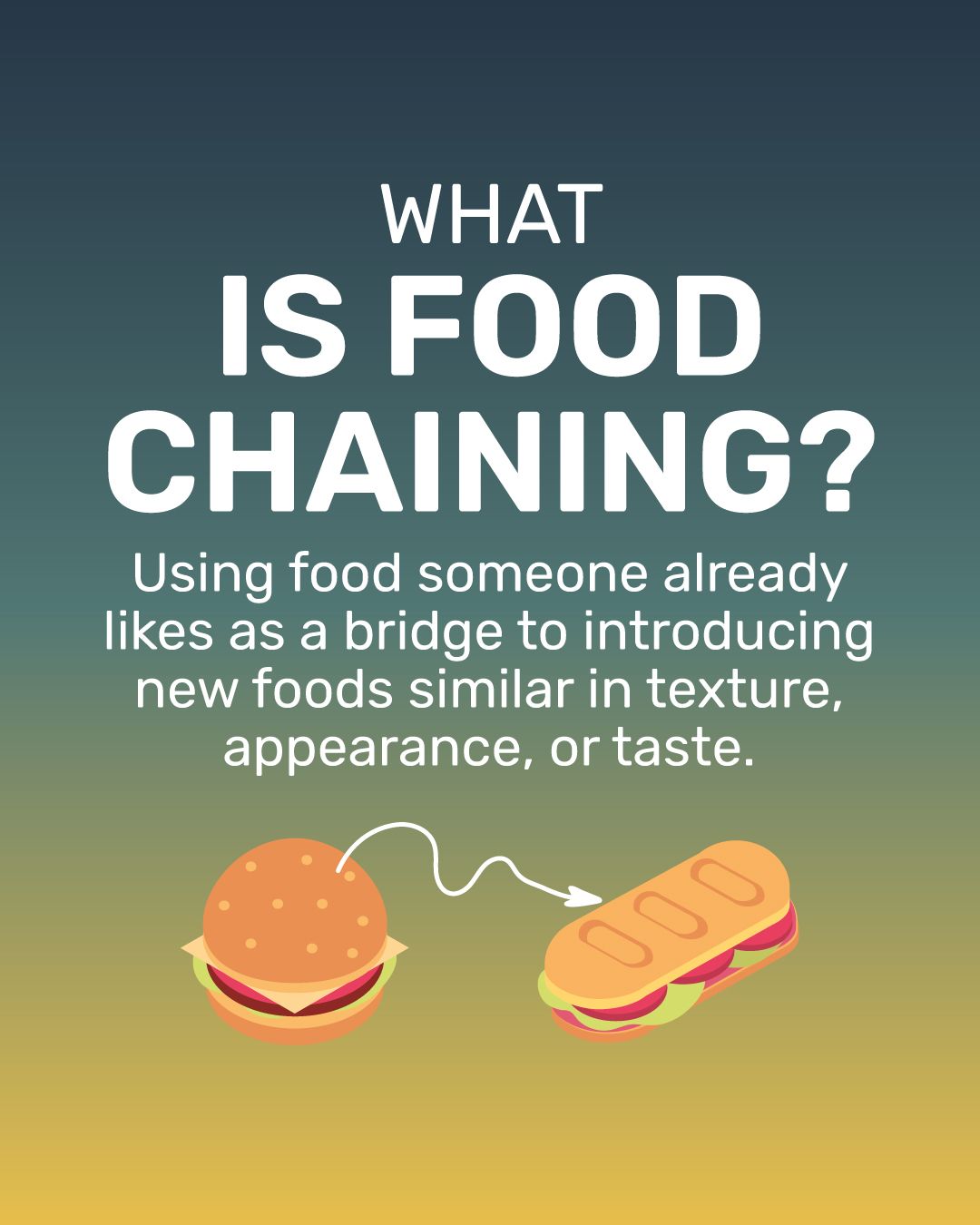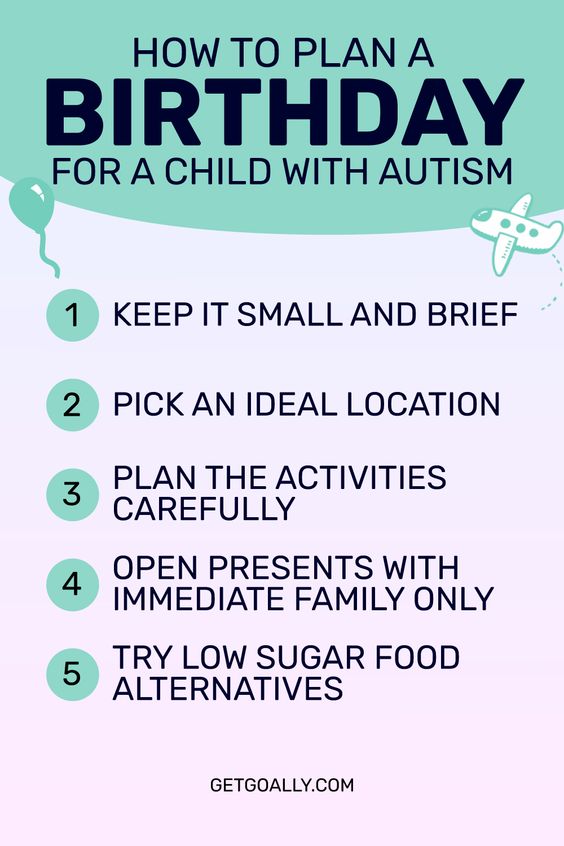Food aversion can be linked to various underlying conditions that contribute to the dislike or difficulty in consuming certain foods. Conditions associated with food aversion may include:
- Sensory Processing Disorder (SPD): Individuals with SPD may have heightened sensitivity to taste, texture, or smell, leading to aversions towards specific foods.
- Autism Spectrum Disorder (ASD): Some individuals with ASD may experience food aversions due to sensory sensitivities, rigid eating habits, or resistance to new foods.
- Gastrointestinal Disorders: Conditions like acid reflux, irritable bowel syndrome (IBS), or celiac disease can cause discomfort or pain while eating, leading to food aversions.
- Post-Traumatic Stress Disorder (PTSD): Traumatic experiences related to food, such as choking incidents or food-related trauma, can trigger aversions and anxiety around specific foods.
- Anxiety and Stress Disorders: Generalized anxiety disorder, social anxiety, or other stress-related conditions can contribute to aversions and discomfort while eating.
- Eating Disorders: Conditions like anorexia nervosa, bulimia nervosa, or avoidant/restrictive food intake disorder (ARFID) involve significant aversions to specific foods or entire food groups.
Seeking professional guidance and support tailored to specific conditions is crucial for effective management. Goally’s apps and features, such as digital visual schedules and tools for emotional regulation and executive functioning skills, can assist kids with food aversion. By providing structured routines, coping strategies, and a supportive learning environment, Goally helps children overcome their aversions and develop a healthier relationship with food.
This post was originally published on Feb. 8, 2023. It was updated on July 12, 2023.














